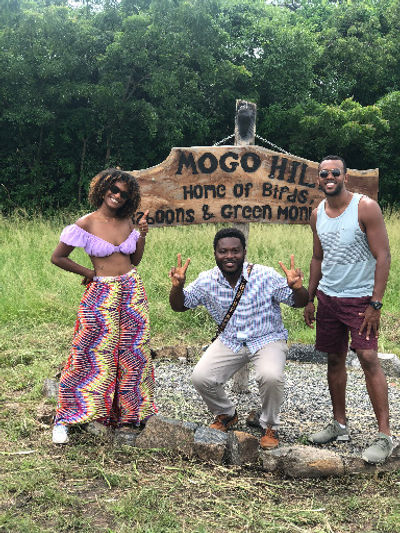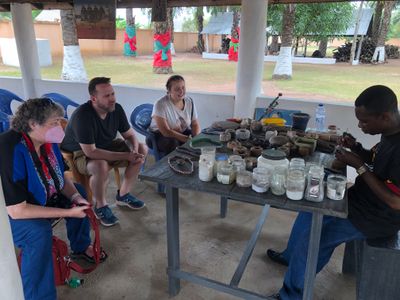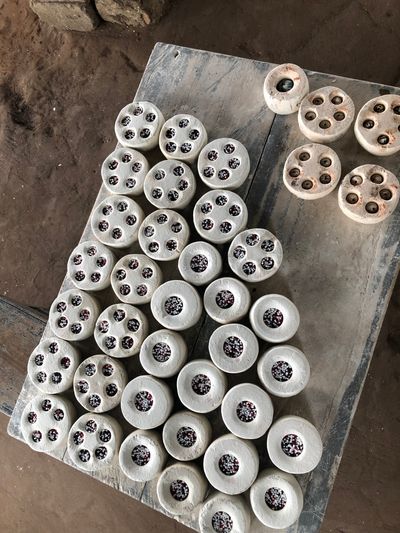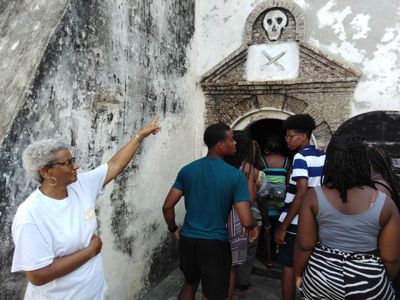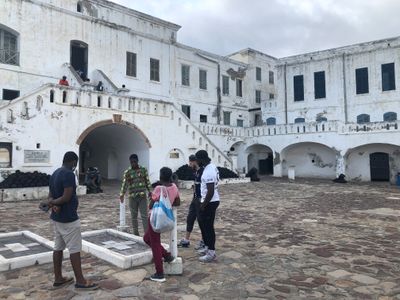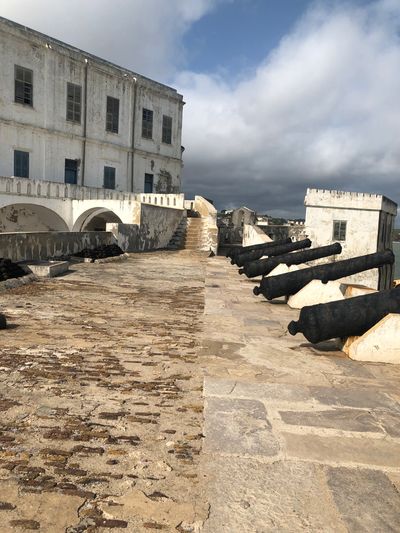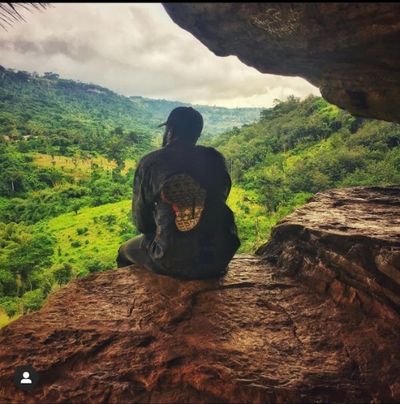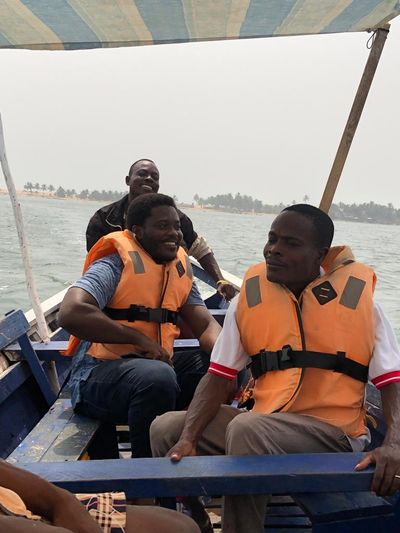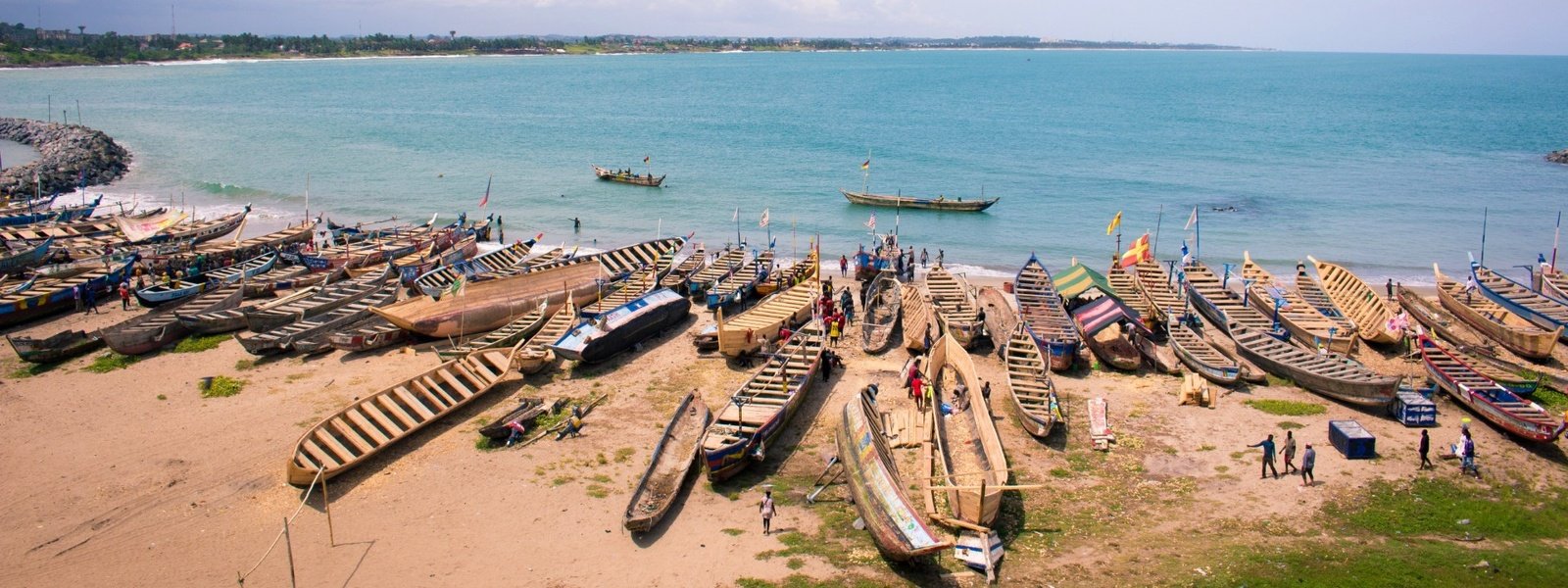

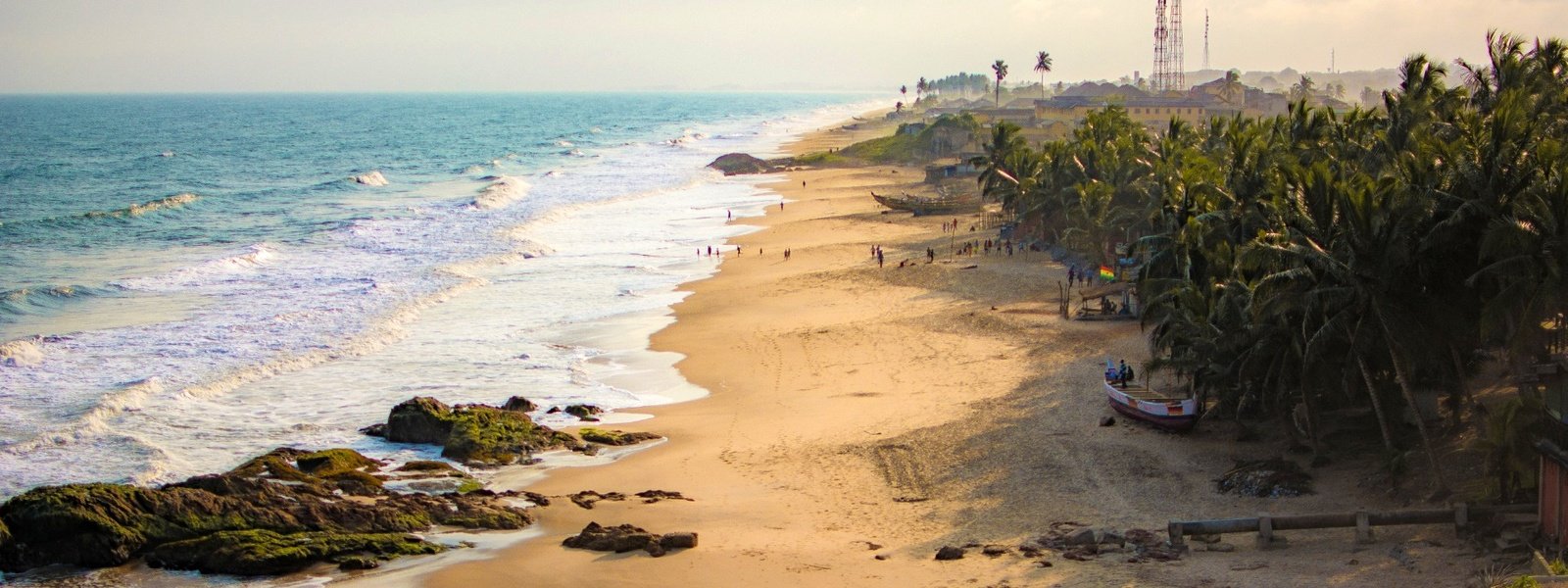
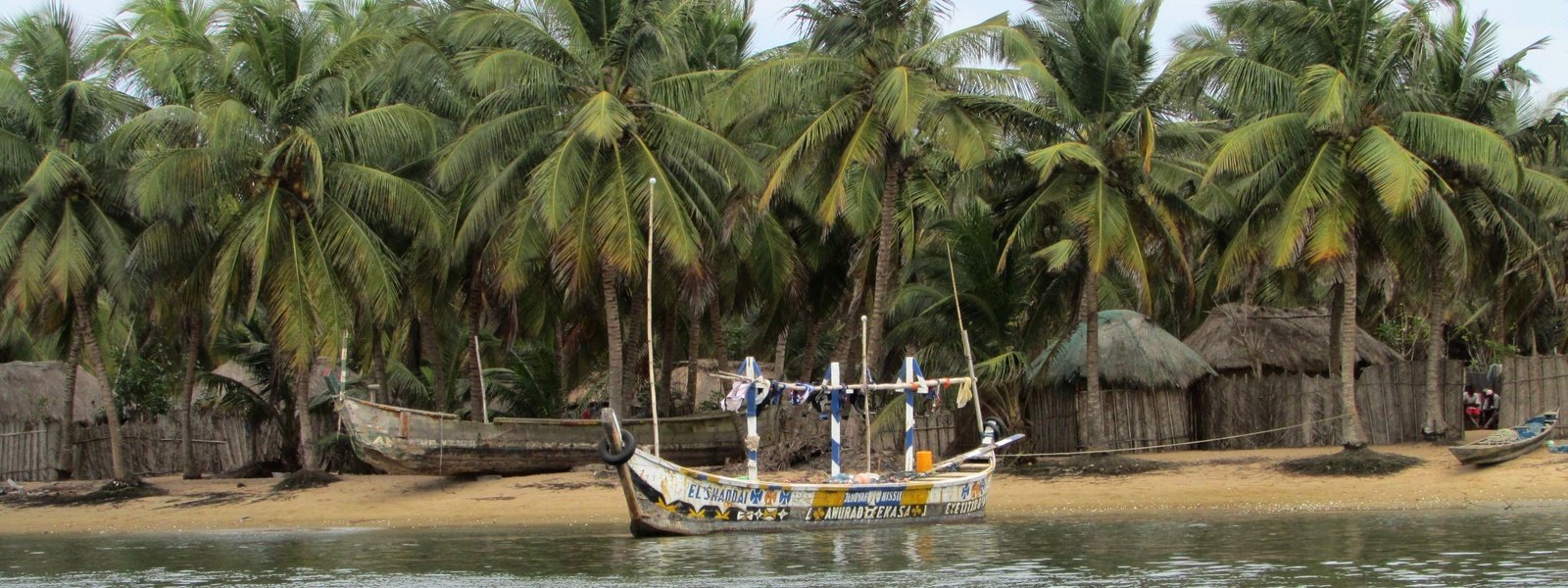
Ghana
Visiting the forts and castles of Ghana
Visiting the forts and castles of Ghana is the best way to learn about the tragic and shocking history of slave trade (there were around 40 slave castles in the country). The memorials are mostly converted into museums by today and visiting them is definitely an eye opening experience and a haunting reminder to one of the most brutal periods in human history.
Cape Coast Castle
Cape Coast Castle is one of the most well known forts in the country. Have a guided tour around to learn of the castle’s history, and see the door called the “Door of No Return,” that led millions of people forced into slavery, leaving the continent and never return.
Within the walls of Cape Coast Castle, Photograph: Oladapo Olusola/Pixabay/
Elmina Castle
Elmina Castle is another relatively well known fort, it is the oldest European building in Sub-Saharan Africa, first established as a trading point, later became a relevant stop on the route of the Atlantic slave trade. Today it serves as the Ghanaian national museum.
Elmina Castle from the distance, Photograph: Obibini/Pixabay/
Osu Castle
Osu Castle, a 17th century castle, listed by UNESCO as a World Heritage Site was converted into a Presidential Museum as part of Ghana’s 60th-anniversary legacy project, walk around in the gardens, take pictures of the captivating sea shore and fishing boats, and visit the memorable sights.
Fort William Castle
Fort William Castle is located on a hill with a stunning view of the neighbouring beach and villages. Hear the heart breaking story of the fort that played a significant role in slave trade, visit the nearby fishing village of Anamabo, and enjoy the beach just next to the castle.
The entrance of Fort William Castle, Photograph: Seyiram Kweku/Unsplash/
Fort San Sebastian
Fort San Sebastian was also built with trading purposes just like the other ones, turned into a slave trading point, today it is a post office and magistrate’s court, it also serves as offices for the Electoral Commission and is open to the public.





